“THE SENSITIVE ONE” – SOVIET INVASION IN AFGHANISTAN (1979–1989)
Mawla Jan Nazari grew up in a small village about an hour and a half from Kabul, the capital of Afghanistan. At the age of fourteen, he witnessed the invasion of his country by the Soviet army. Helicopters carried out aerial attacks on villages, intending to bomb the positions held by the mujahideen, but these attacks killed civilians as well. Shortly afterwards, the villagers fled to Pakistan. Now a father of eleven, Mawla Jan Nazari works for the Independent Election Commission of Afghanistan.
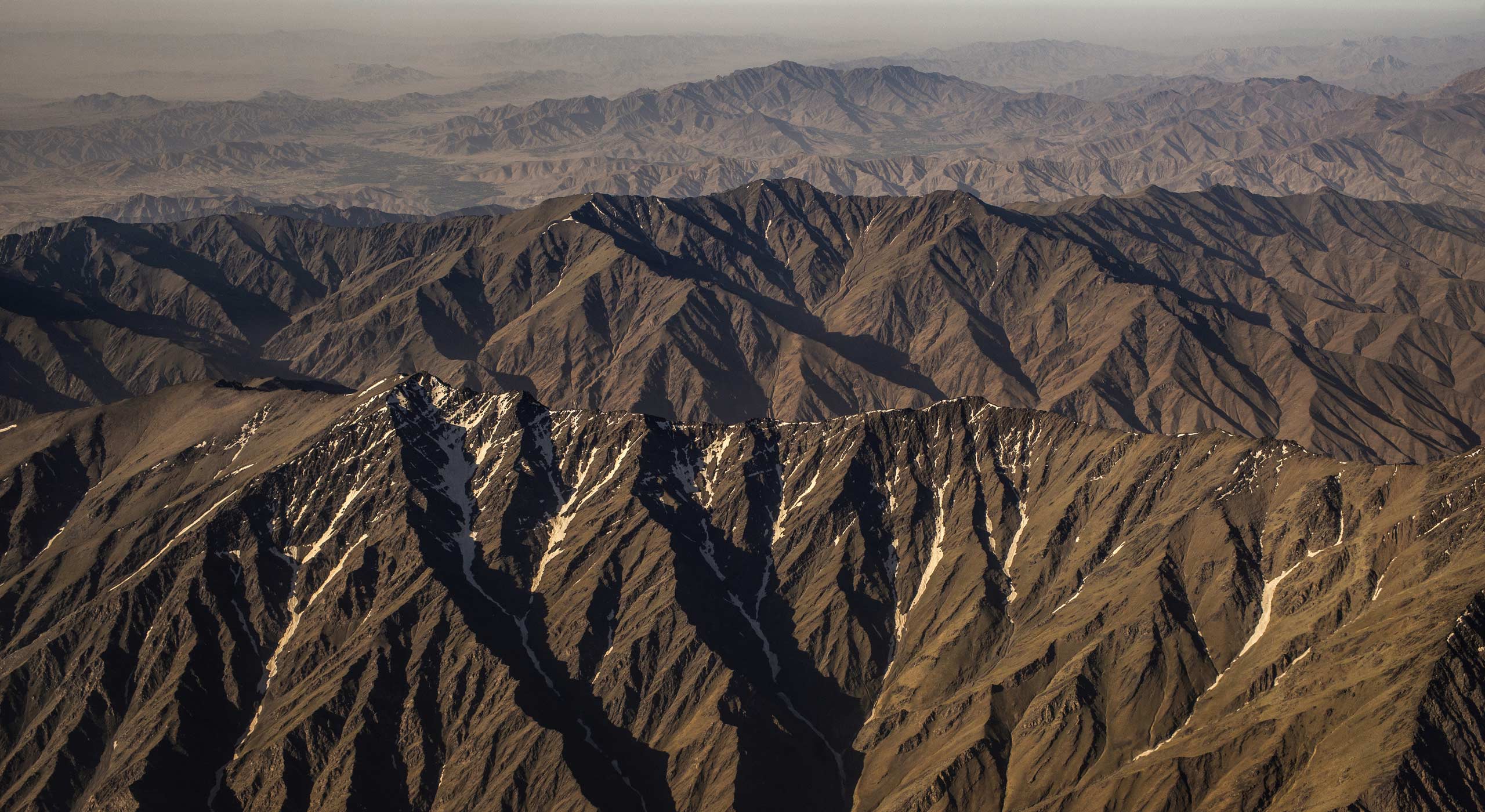
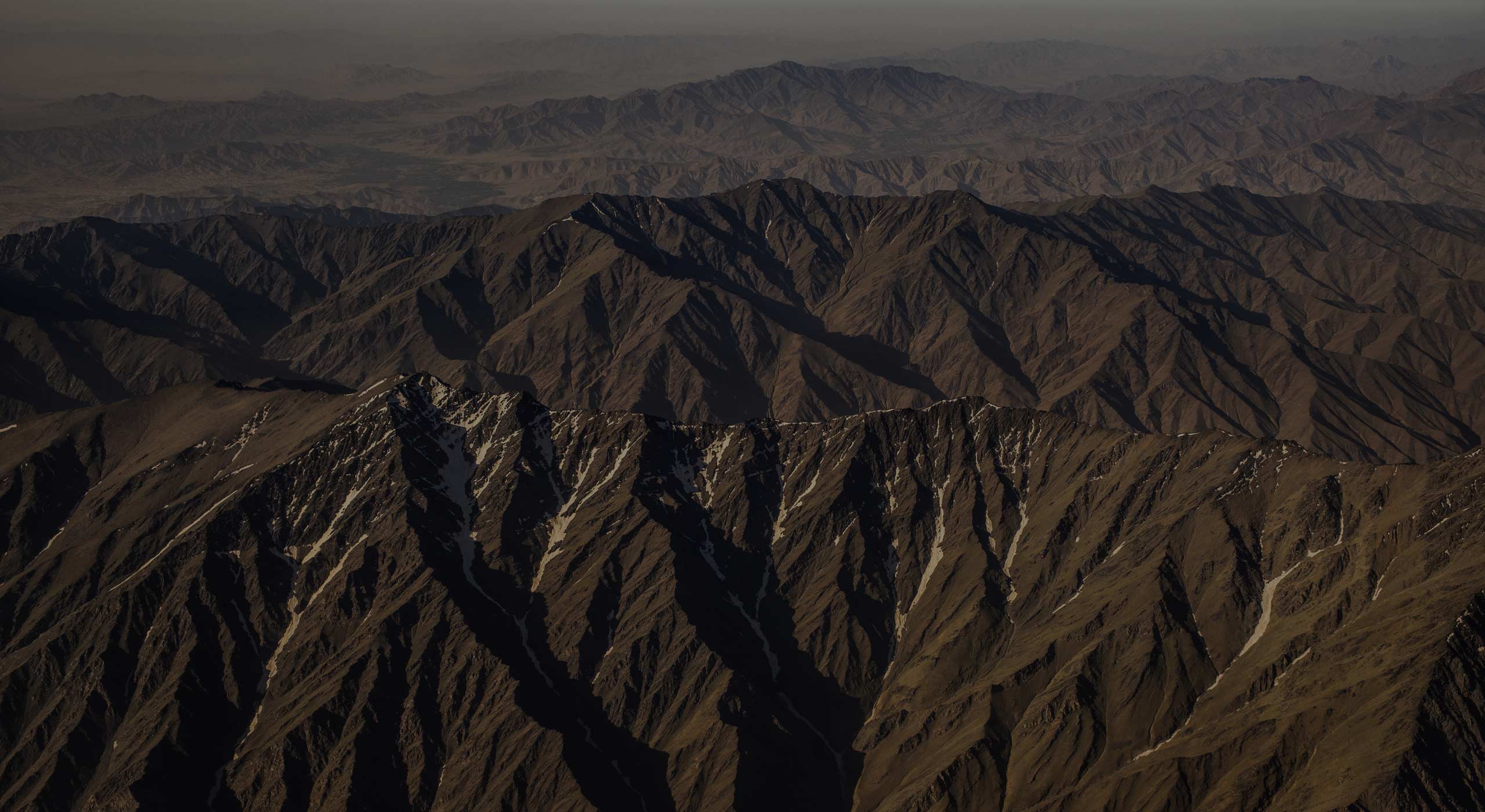
In 1979, Soviet forces invaded the country because Islamic rebel groups, the Mujahideen, were fighting the USSR-backed communist government in Afghanistan. And one day, they also arrived in Mawla Jan Nazari's home village. “That morning my brothers and I left the village to pick mulberries, the invaders arrived in the mountains of Sarobi”, Mawla Jan Nazari says. Then the helicopters came. These were the beginnings of a conflict that had been simmering for ten years.
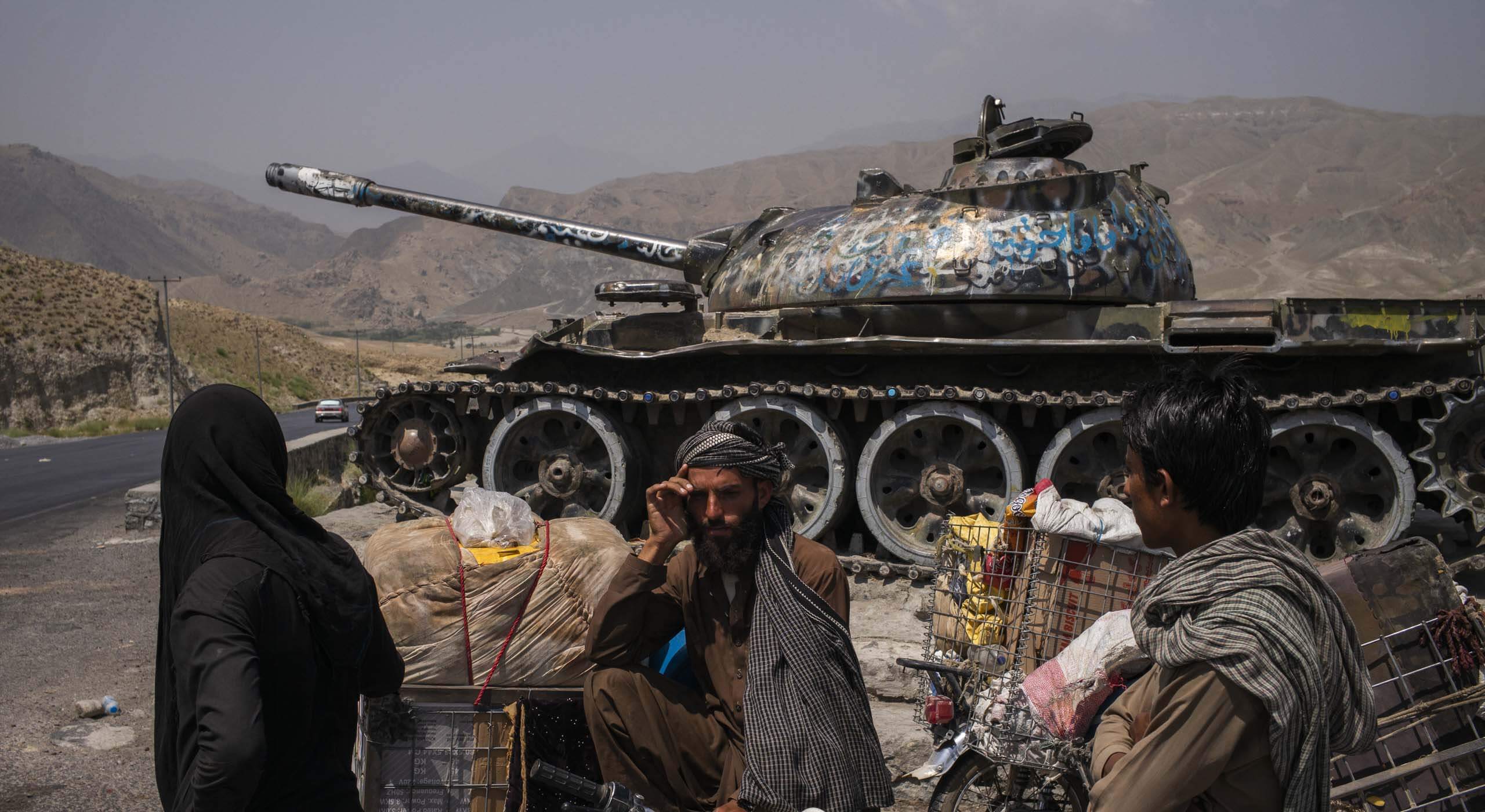
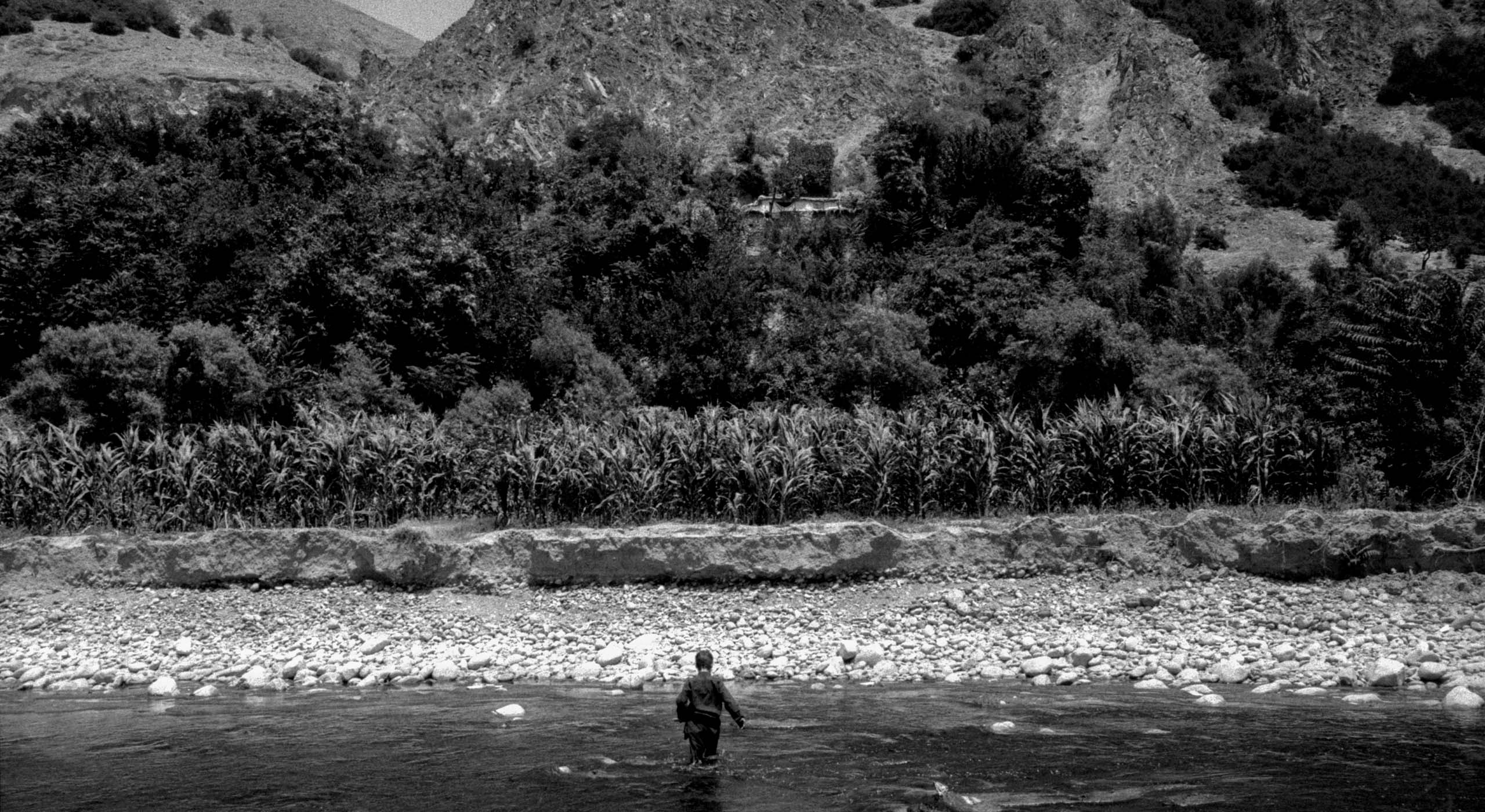
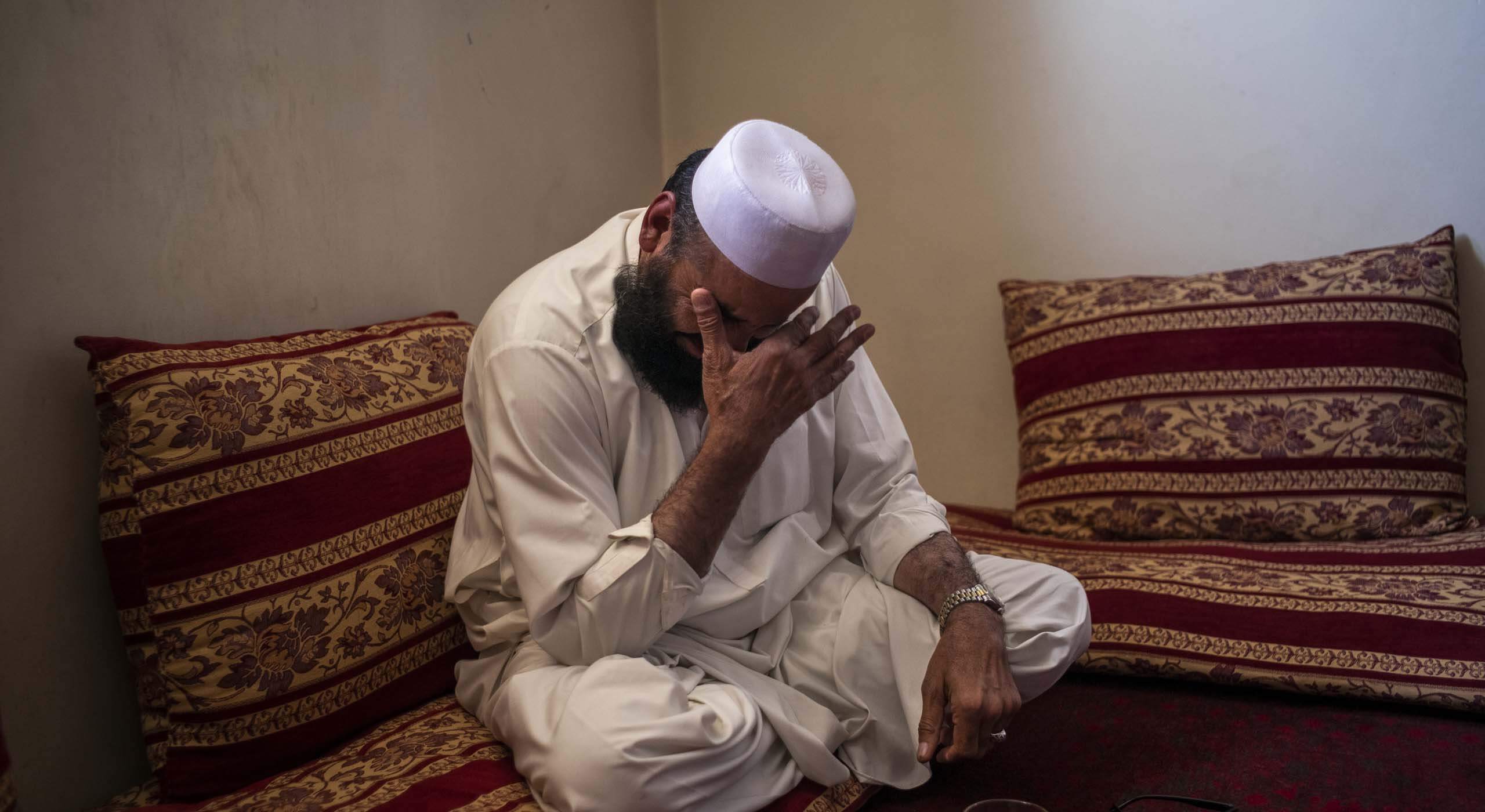


After the death of his brother, 16-year-old Mawla Jan temporarily joins the mujahideen. The sensitive boy learns how to handle weapons, but also acquires skills as a mounted medic on a white horse. Helping soon became his main activity, because even then the prudent in him obviously prevailed over the combative in case of doubt. Otherwise, it would be hard to explain why one day he also treats an injured Soviet soldier. “I didn’t think about religion or what country he came from,’ he explains. ‘My sole duty was to look after the wounded and behave humanely.”
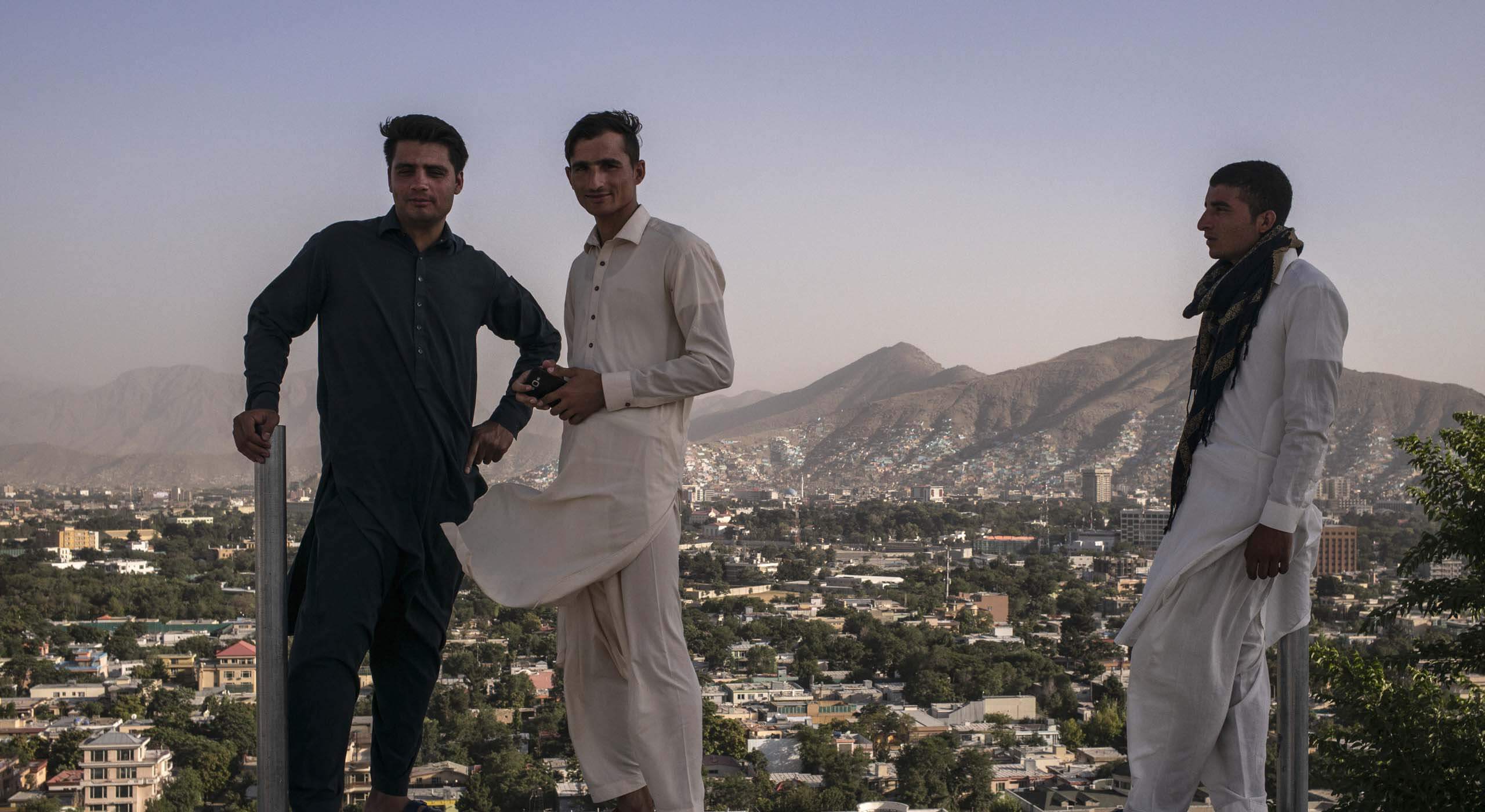
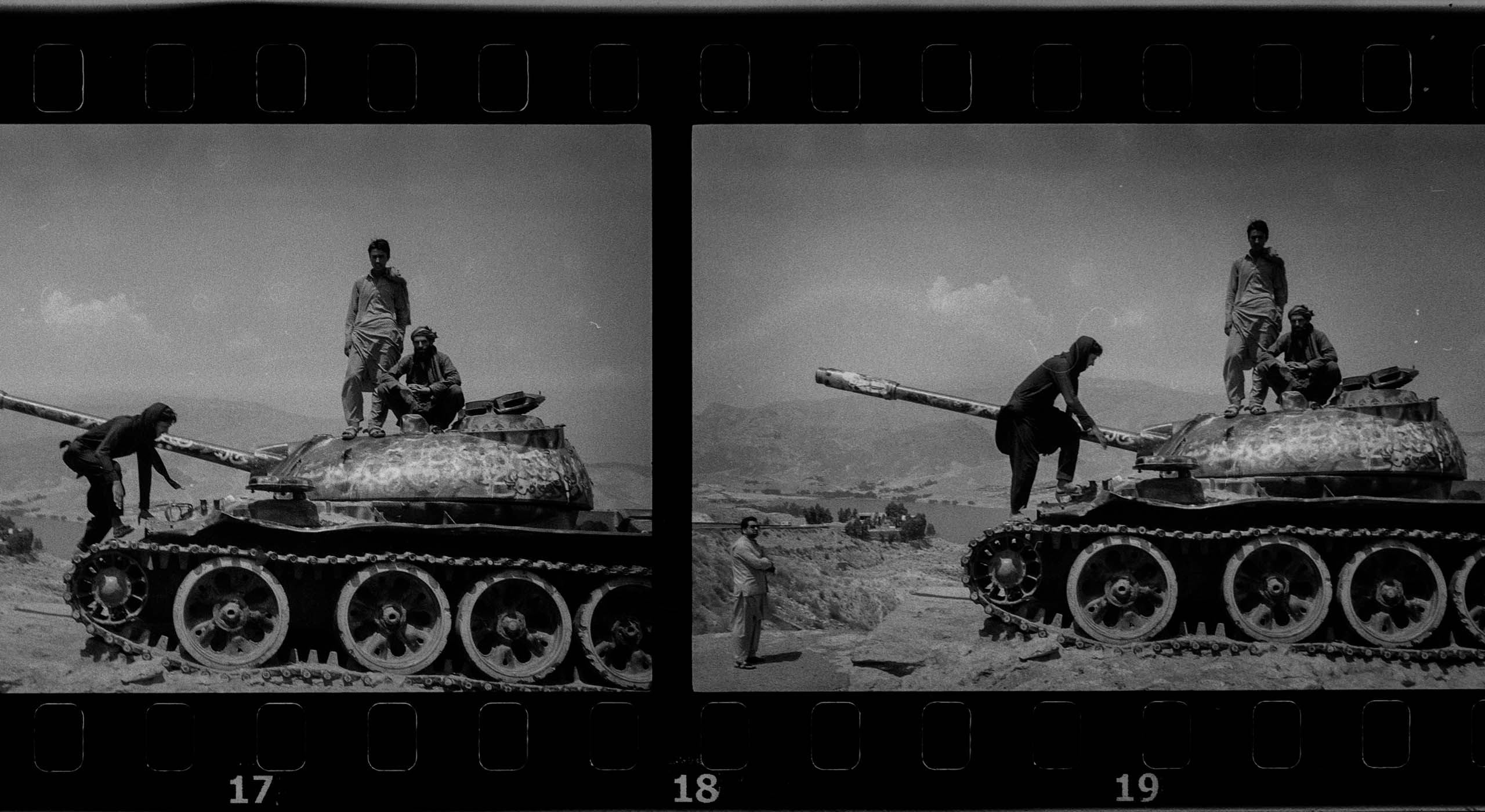
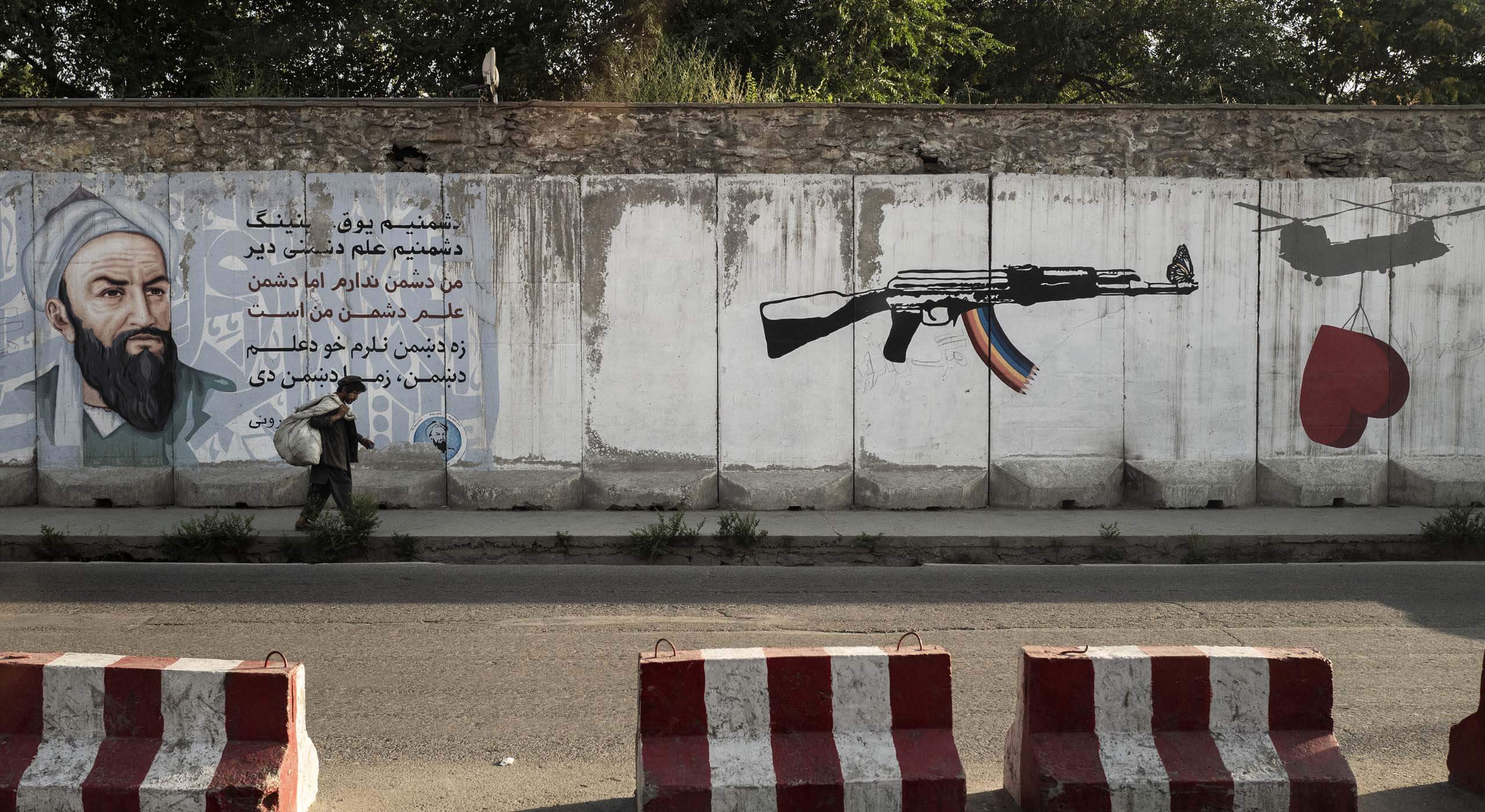
The horrors of war drive three to five million civilians out of Afghanistan, according to some estimates. Mawla Jan flees with his family to the Pakistani border, to Haripur, to a camp. “At first, we had nothing,“ he says. They initially lived in a makeshift shack constructed from branches and carpets until international aid workers from UNHCR and Save the Children provided tents. “These two organizations helped us a lot,“ he points out. “ They were the ones to build a real hospital. They also distributed bags and exercise books for children. I can still remember the logo with the child and the red circle around it.“
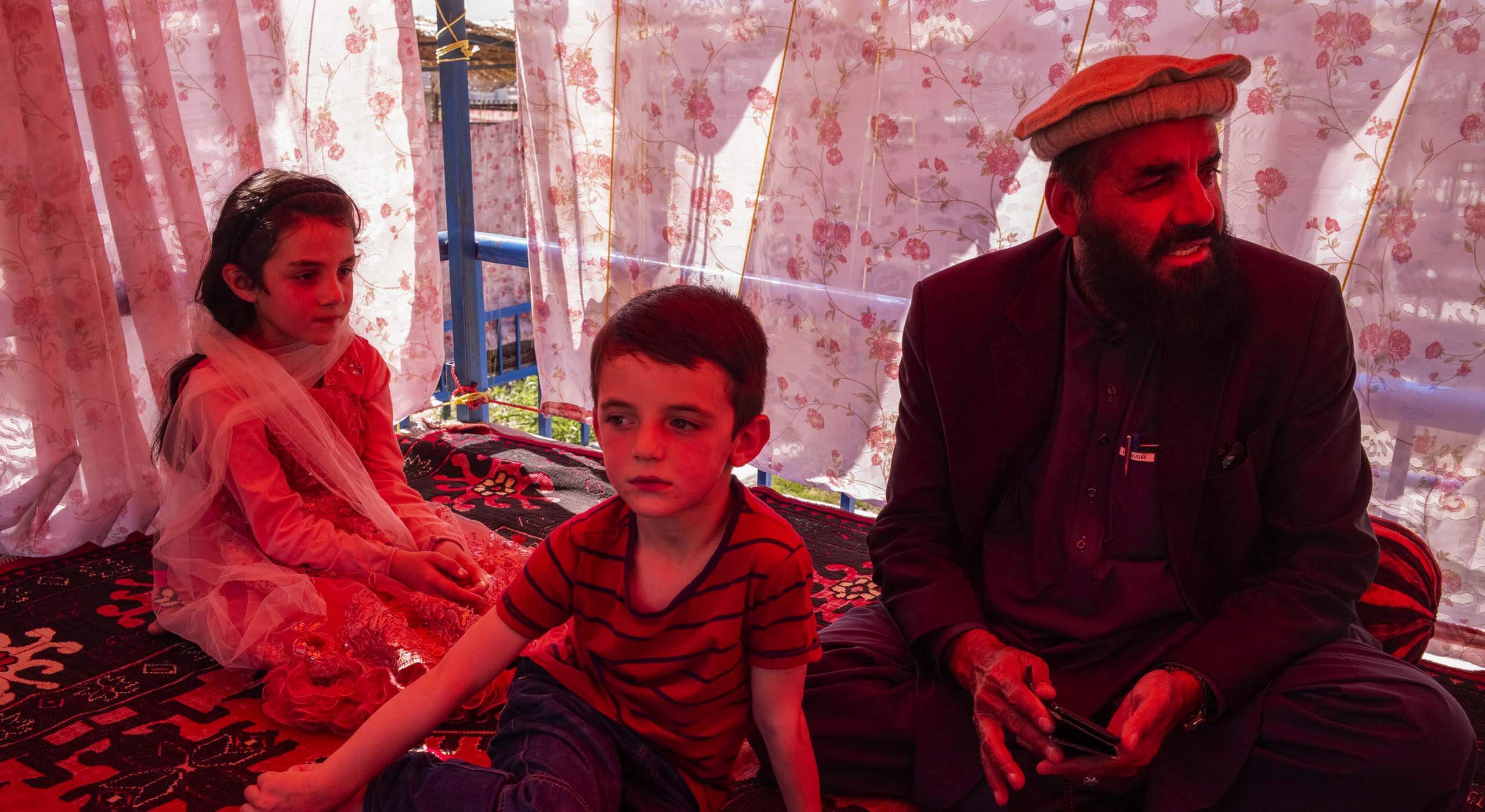
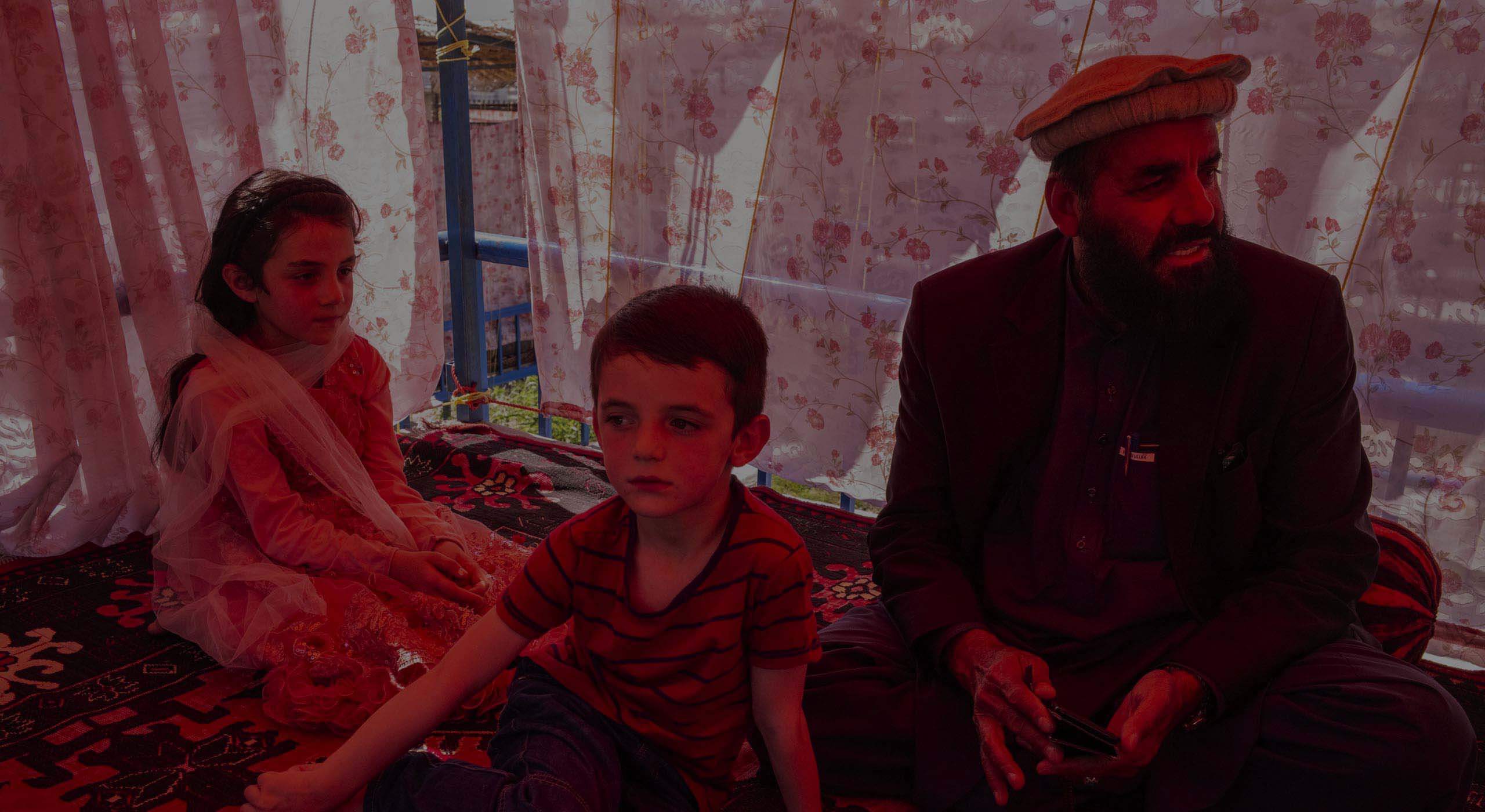
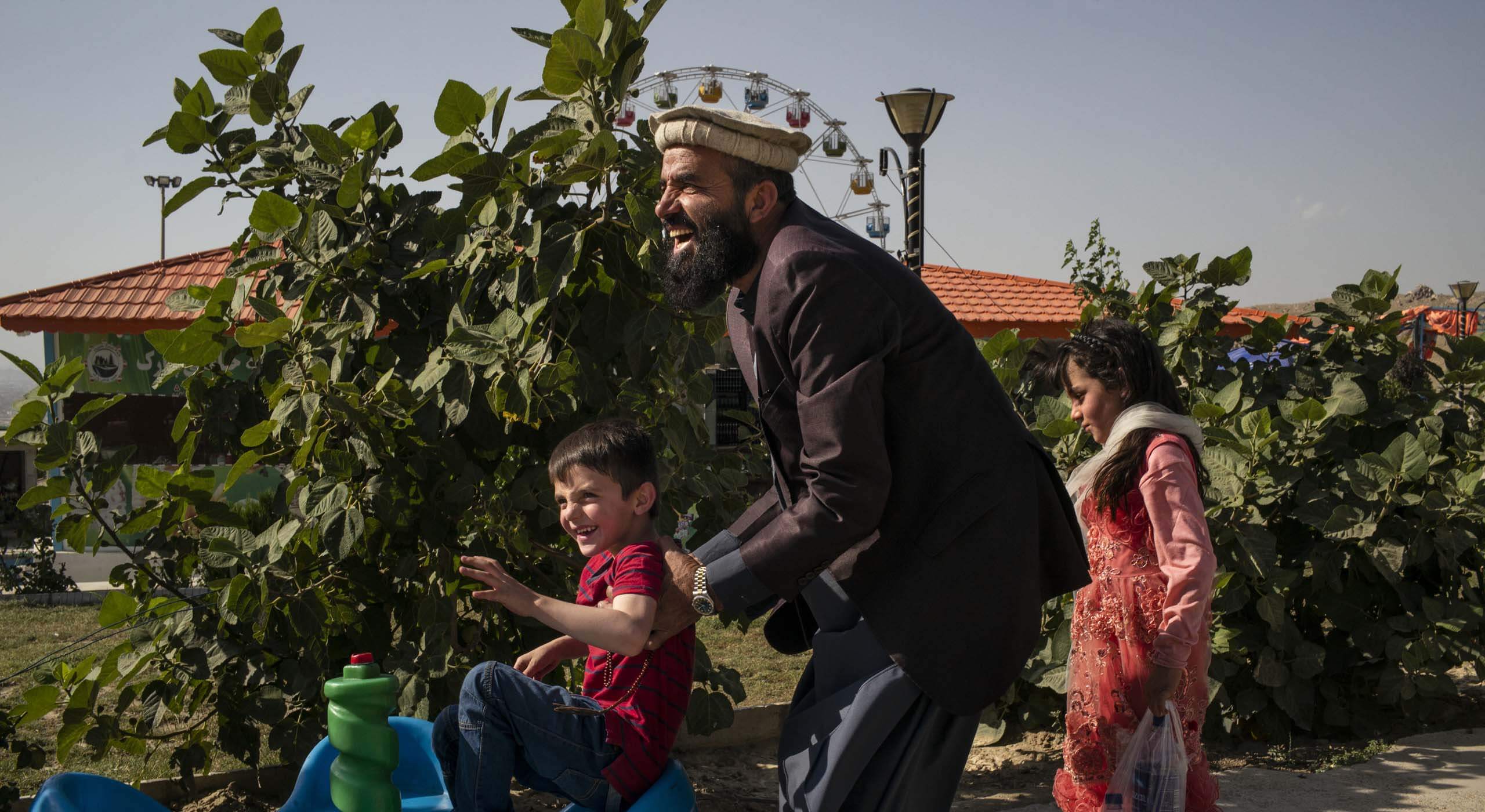
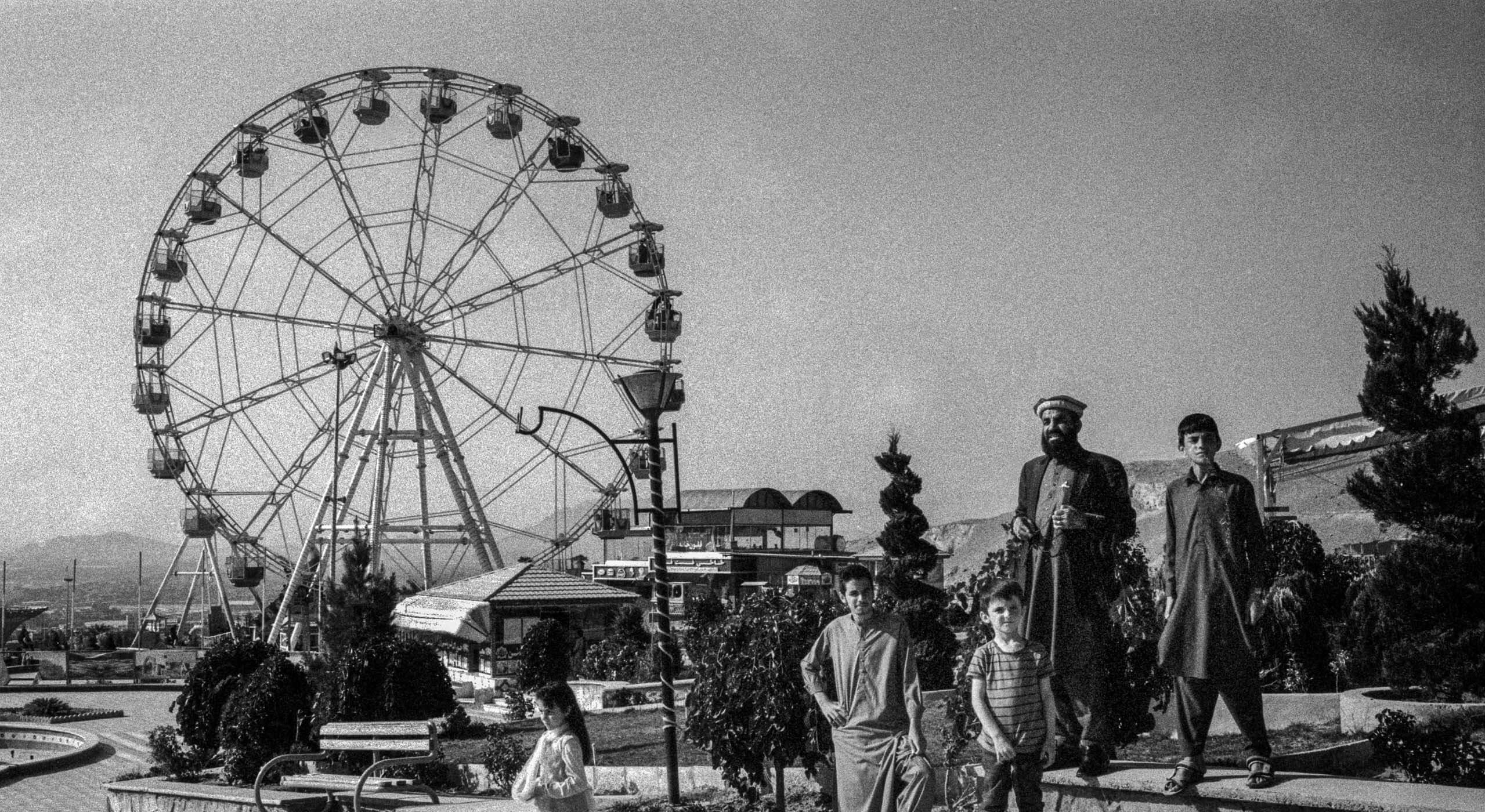
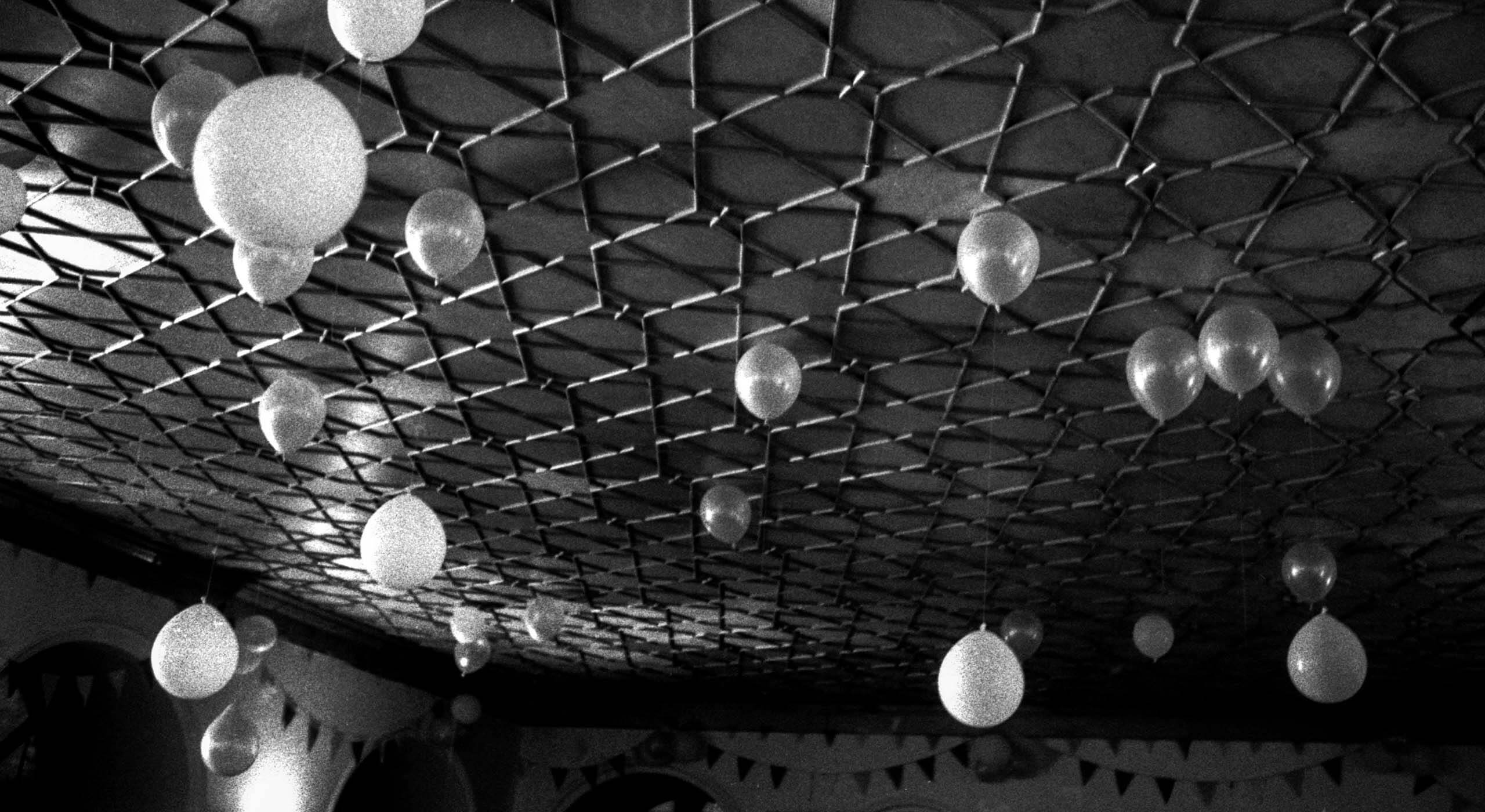
Afghanistan is still a state full of tensions and problems today. Mawla Jan wants to work on the pacification and further development of his country. He may have given up his rifle- but not his pride, humility and principles. “‘I don’t want to buy food for my children with money obtained illegally.” – Mawla Jan Nazari has found a new role for himself for the sixth decade of his life.
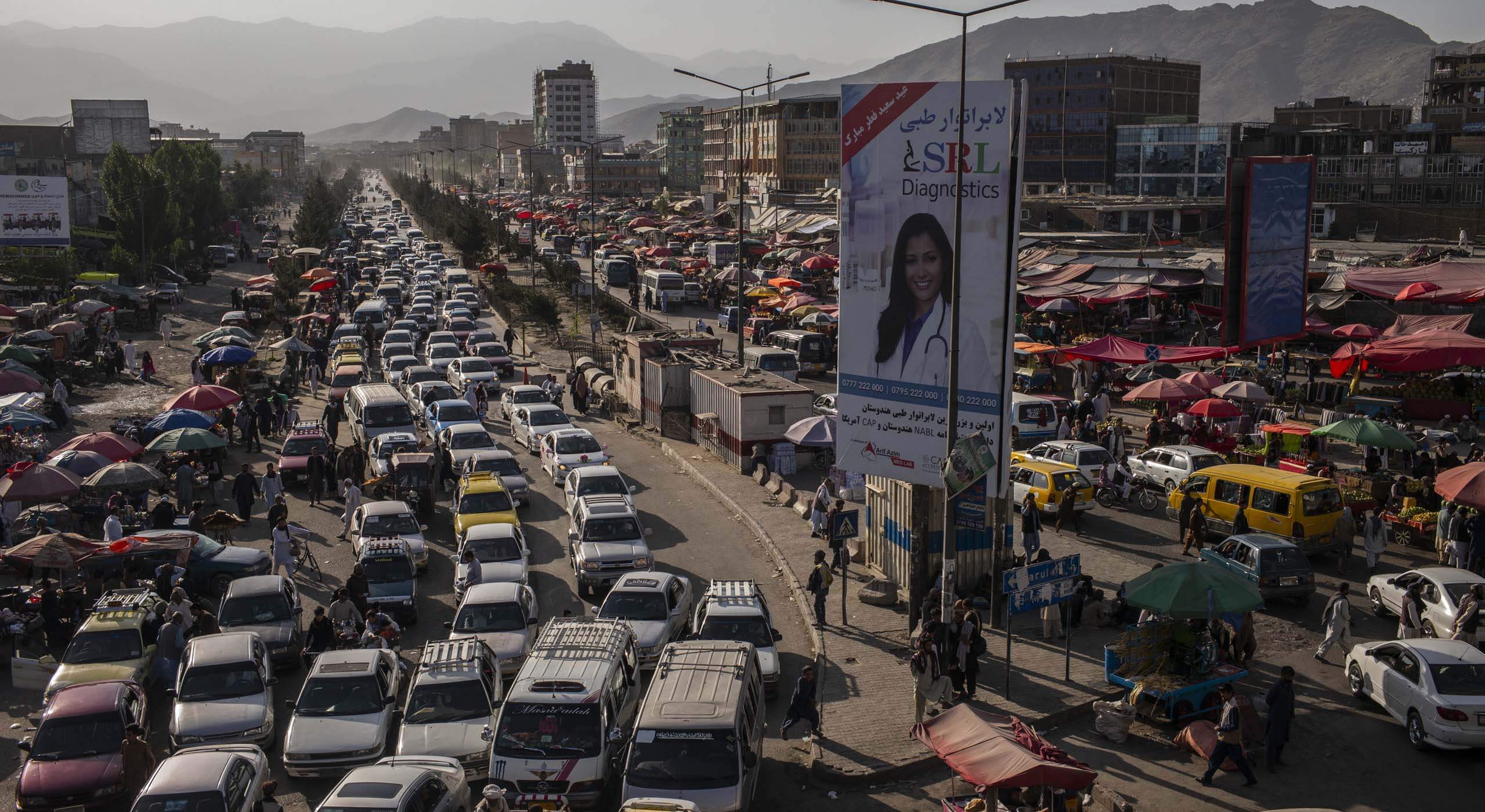
“A STREET LIKE ANY OTHER“
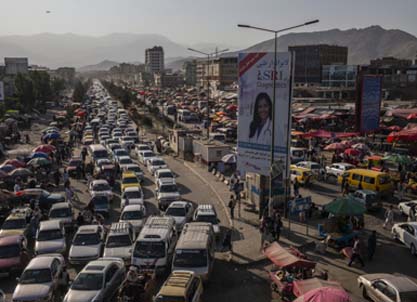
With his visual observation, Iranian writer Amir Hassan Cheheltan delves into everyday life on a Kabul street intersection - and discovers much that is familiar.

